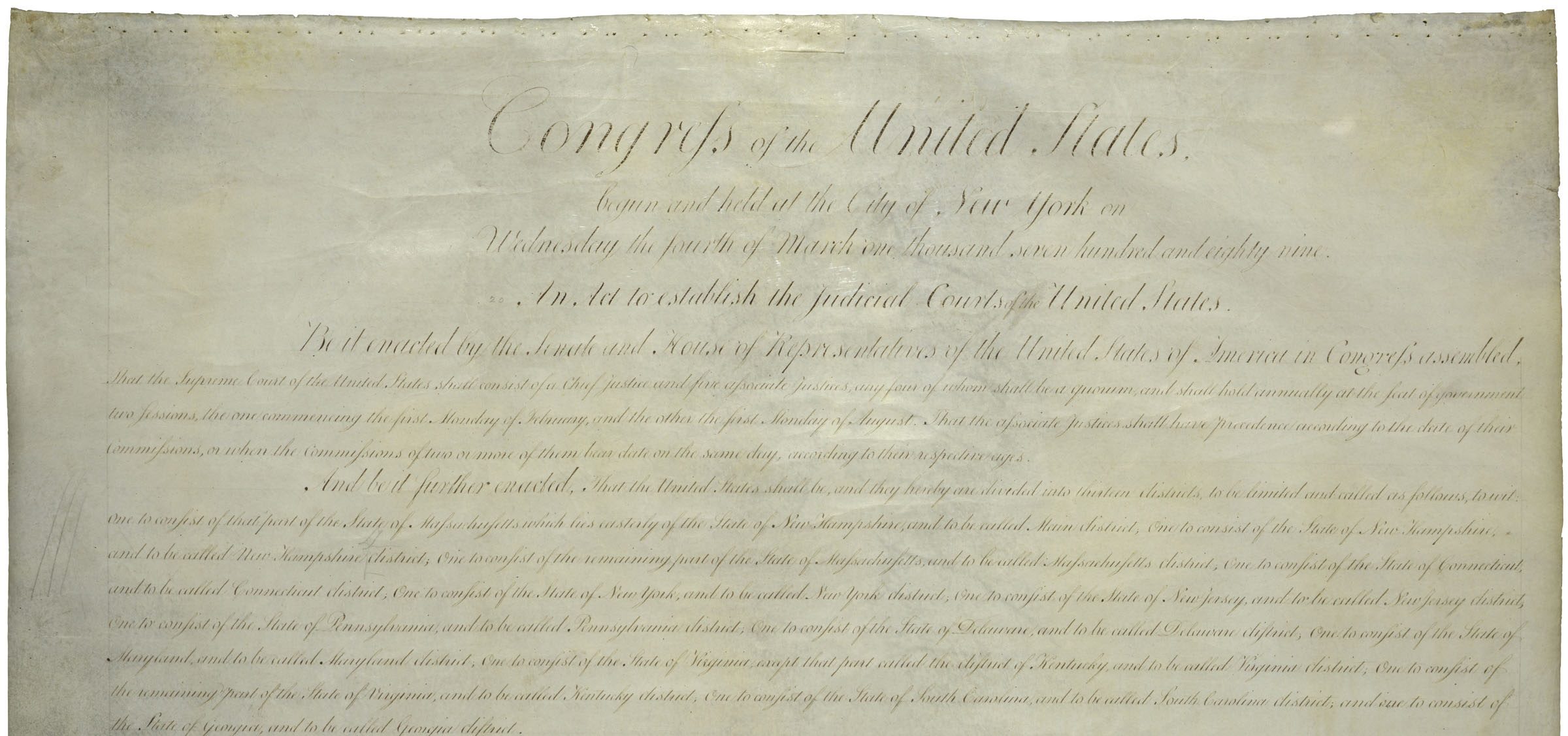In United States v. Benton, No. 23-3028 (D.C. Cir. Apr. 19, 2024), while affirming the conviction of a political consultant for felonies stemming from an unlawful contribution and related campaign-finance filings, the panel holds (among other things) that the defendant’s presidential pardon of a prior conviction did not bar its use as “bad acts” evidence under Fed. R. Evid. 404(b).
“[Defendant Benton] owns a political consulting firm and had significant involvement in the [Donald] Trump-supporting Great America Political Action Committee (PAC). In November 2015, a federal grand jury indicted Benton for concealing payments from a political committee to a state senator. In the Southern District of Iowa, a jury convicted him of, inter alia, ‘causing false records’ under the Sarbanes-Oxley Act [SOX], 18 U.S.C. § 1519, and ‘causing false campaign contribution reports’ under Federal Election Campaign Act (FECA), 52 U.S.C. §§ 30104(a)(1) and (b)(5)(A), 30109(d)(1)(A)(i) . . . . Benton formally stepped down from his role at the Great America PAC in the wake of his conviction but continued to participate in its fundraising efforts. President Trump later pardoned Benton.”
In this case, Benton was charged with six felonies related to supposedly soliciting an unlawful donation from a foreign national. “[P]re-trial, the government moved to admit Benton’s past conviction [for SOX and FECA violations] as ‘bad act’ evidence under Rule 404(b) and as potential impeachment under Rule 609. FED. R. EVID. 404(b), 609. Benton opposed. The district court held the conviction admissible under Rule 404(b) to demonstrate willfulness and ‘probably’ as evidence of a modus operandi.” Benton was convicted.
The D.C. Circuit affirms. The panel opinion addresses, among other things, the effect of a presidential pardon on the admissibility of a prior conviction as a “bad act” under Rule 404(b). While the defendant waived the objection below – subjecting the challenge to admissibility to “plain error” review – the panel notes that the legal argument underpinning the objection is faulty.
“Rule 404(b) prohibits admitting evidence of ‘any other crime, wrong, or act’ to show criminal propensity. FED. R. EVID. 404(b)(1). That evidence may be admitted for other purposes, however, ‘such as proving motive, opportunity, intent, preparation, plan, knowledge, identity, absence of mistake, or lack of accident.’ FED. R. EVID. 404(b)(2) . . . . Nothing in Rule 404(b)’s text affects the admissibility of ‘bad act’ evidence simply because the act resulted in a pardoned conviction . . . . under the modern understanding of a Presidential pardon’s effect, it ‘does not blot out guilt’ or create a factual fiction that conviction never occurred.”
While a President may make an express finding of innocence in issuing a pardon, which might warrant some deference, a pardon does not by force of law exonerate the defendant. “Often, a Presidential pardon issues ‘without purporting to address . . . innocence or guilt.’ United States v. Schaffer, 240 F.3d 35, 38 (D.C. Cir. 2001) (en banc) (per curiam). Like the Schaffer pardon, Benton’s pardon is ‘Full and Unconditional’ but is silent as to innocence or rehabilitation . . . . [T]he face of Benton’s pardon makes no mention of rehabilitation or innocence. Benton places great weight on the accompanying White House press release but it is likewise silent as to Benton’s rehabilitation or innocence. Although it recites that one of Benton’s sponsors—a former FEC chairman—believed the reporting law Benton violated was ‘unclear and not well established at the time,’ J.A. 53–54, his belief in no way constitutes an ‘express finding’ . . . . Benton’s pardon is best understood as “an act of grace.” United States v. Wilson, 32 U.S. (7 Pet.) 150, 160 (1833).”
